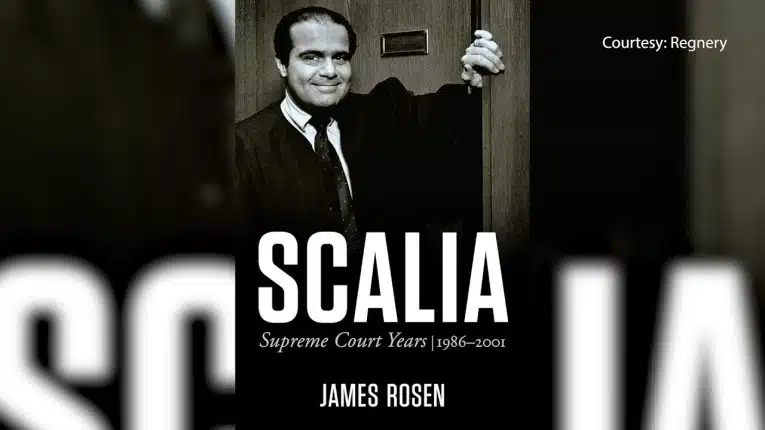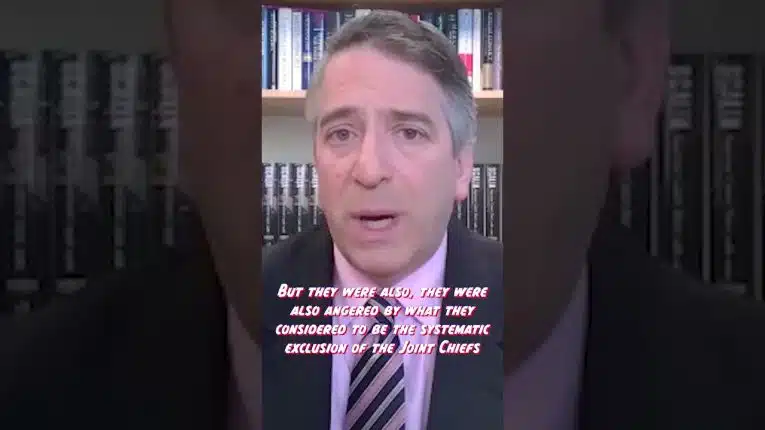At the height of 1970s inflation and in response to the 1973 Arab oil embargo, Congress passed the Public Utility Regulatory Policies Act (PURPA) of 1978. The legislation requires electric utilities to purchase energy from small renewable generators.
It has also outlived its usefulness. Since that time, wind, solar and other renewables, excluding hydroelectric, have grown to almost 10 percent of U.S. electricity generation according to data compiled by the U.S. Energy Information Agency. Back in 1978, it was 0.14 percent.
Obviously, a lot can change in 40 years. Fortunately, in 2005, Congress amended PURPA in order to take stock of rapid changes in the utility marketplace. In 2018, the Federal Energy Regulatory Commission (FERC) announced it was considering changes and reforms to the program, including which entities ought to be excluded from PURPA’s mandatory purchase of renewable energy requirement.
One argument is that the renewable generators have a large enough market footprint to compete on their own without compelling utilities to use the renewable energy. Each local market is different, whereas in some areas, the additional generation can offset potential brownouts and might be desirable, in other areas with more abundant supplies, it’s simply a wealth transfer from the utility to the small generator as the additional renewable electricity adds little benefit to consumers and instead drives up costs higher than they might otherwise be.
In one comment to FERC, the National Association of Regulatory Utility Commissioners noted that some states already require competition, making PURPA redundant. The association urged that utilities that “are subject to state competitive solicitation requirements and other best practices that ensure all technologies access to the market” ought to be exempt.
It’s a reasonable comment. In states where consumers already get to choose where to purchase their electricity, what is the sense in compelling competing utilities to subsidize one another? Shouldn’t they be allowed to compete on price and benefit consumers?
The real question is whether FERC and Congress are going to let states develop their own energy grids and their own requirements for how competition ought to take place on these modern grids. One size does not fit all, and depending on supplies and abundance, the current requirements could be discouraging some potential utilities from coming online if subsidizing smaller generators is a cost that must be taken into account.
Going even further is S. 2776 by Sen. John Barrasso (R-Wyo.), which would eliminate the mandatory purchase requirements by utilities altogether. And maybe it’s time.
In the least Congress should take into consideration what FERC comes up with to modernize PURPA and the electric grid based on industry comments, and potentially act accordingly if it is found that PURPA’s mandates are no longer necessary to support the renewable electricity industry. PURPA should be modernized or if it is no longer needed, repealed.
Robert Romano is the Vice President of Public Policy at Americans for Limited Government.







